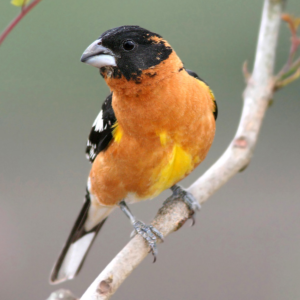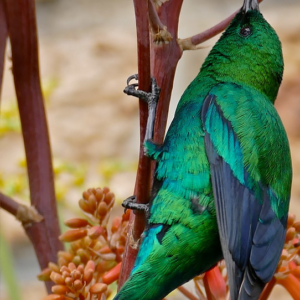
Begonias are popular plants known for their beautiful flowers and foliage. However, they can be prone to wilting, which can be frustrating for plant owners. Fortunately, there are several solutions to address this issue.
Watering: Begonias require consistent moisture to thrive. If your begonia is wilting, it may be due to lack of water. Make sure to water the plant thoroughly, ensuring that the soil is damp but not waterlogged.
Overwatering: On the other hand, too much water can also cause begonias to wilt. Make sure the soil is well-draining and avoid watering too often.
Soil Quality: Begonias prefer well-draining soil that is rich in organic matter. Make sure the soil is not compacted and is aerated regularly.
Temperature: Begonias prefer moderate temperatures and can wilt if exposed to extreme heat or cold. Keep the plant in a location with consistent temperature and avoid placing it near drafts or heating vents.
Humidity: Begonias prefer high humidity levels. If you live in a dry climate, consider placing a humidifier near the plant or misting it regularly.
Fertilizer: Begonias require regular feeding with a balanced fertilizer. Make sure to follow the recommended dosage and frequency.
Pests: Pests such as spider mites and thrips can cause begonias to wilt. Check the plant regularly for signs of pests and treat them promptly if detected.
Disease: Begonias can be susceptible to diseases such as powdery mildew and botrytis. If you suspect disease, remove any infected leaves and treat with a fungicide.
By addressing these common issues, you can help your begonia thrive and prevent wilting. With proper care, your begonia can continue to provide beautiful blooms and foliage for years to come.
















